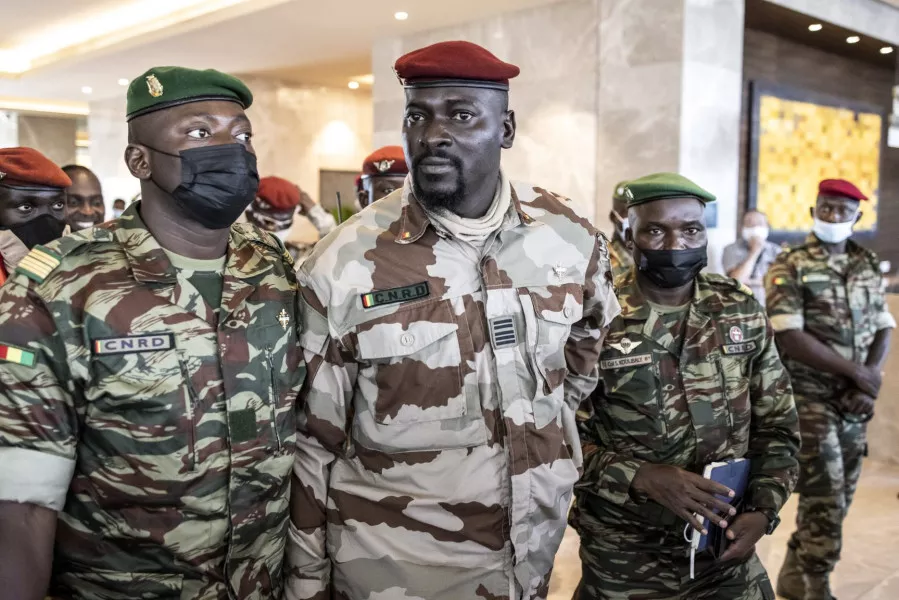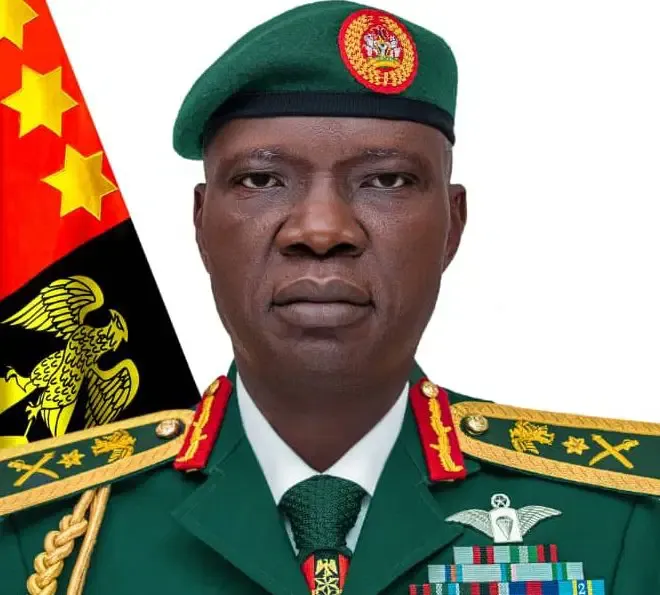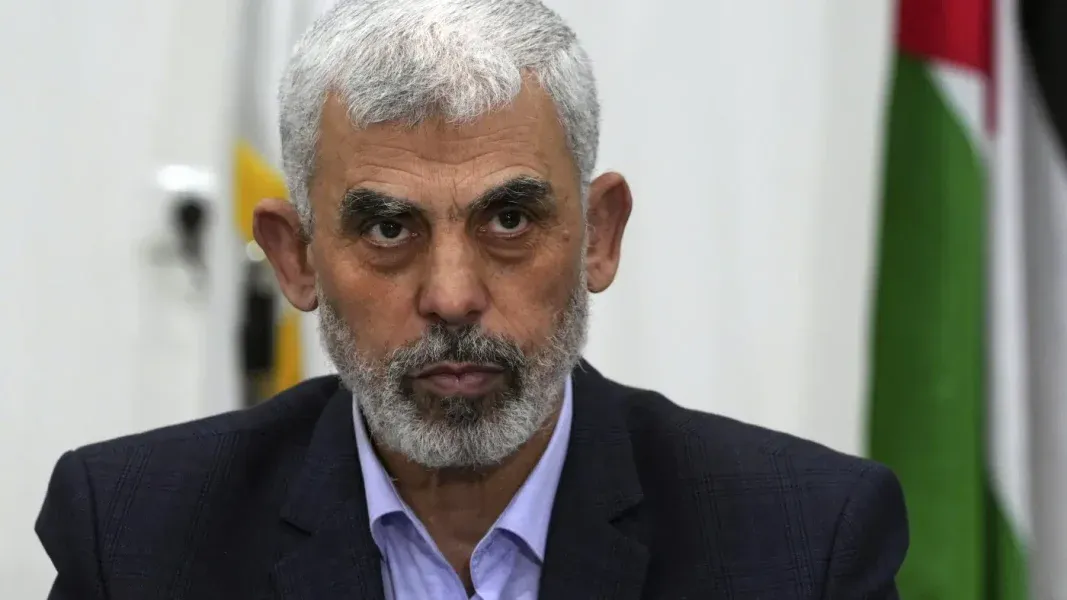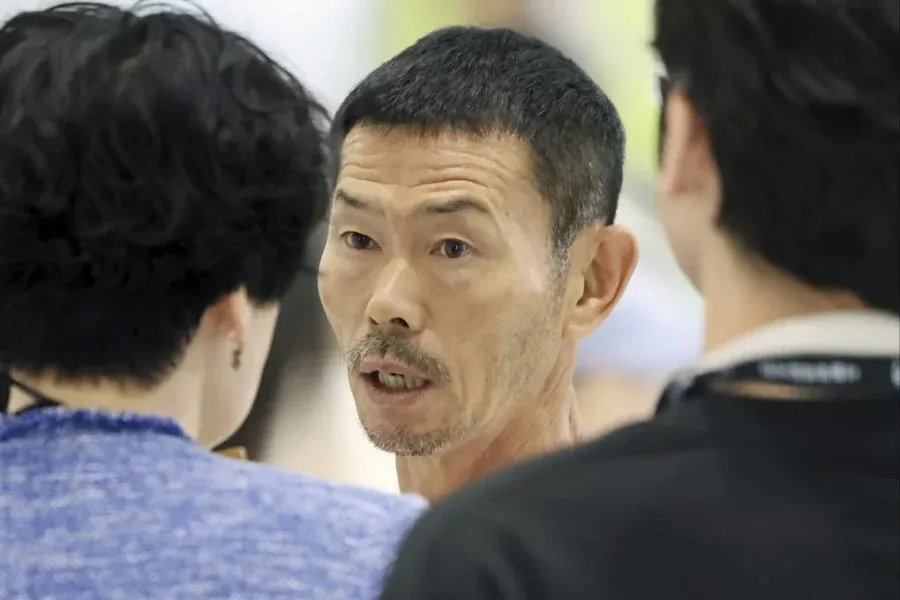Guinea’s military junta, which seized power in a coup in September 2021, has taken drastic measures by ordering the dissolution of the government without providing clear reasons for the action. The move, announced on Monday, involved seizing government members’ passports, freezing their bank accounts, and stripping them of their privileges.
Chief of Staff General Ibrahima Sory Bangoura, speaking on state television alongside around 20 soldiers, declared the dissolution of the government, which had been in office since July 2022. He announced the confiscation of government officials’ travel documents, freezing of their bank accounts, and the removal of their service vehicles, bodyguards, and assistants.
The junta’s actions come amidst a backdrop of tensions and reported rifts within the government. Recent protests in the capital city of Conakry have underscored simmering discontent, although the exact catalyst for the dissolution remains unspecified.
Guinea’s military regime, like many others across West Africa in recent years, has placed combating corruption at the forefront of its agenda. Public broadcaster RTG aired a tribute to junta leader Colonel Mamady Doumbouya, emphasizing his leadership amidst “moments of adversity,” although specifics were not provided.
The junta’s tenure has been marked by crackdowns on dissent, with bans on demonstrations and arrests of opposition figures, civil society members, and journalists. Internet access has also been restricted in recent weeks, further limiting freedom of expression.
Under international pressure, Colonel Doumbouya has pledged to return power to elected civilians by the end of 2024, framing it as a transitional period to enact reforms. Guinea, despite its significant natural resources, remains mired in poverty, highlighting the junta’s stated goals of implementing far-reaching changes during its rule.





